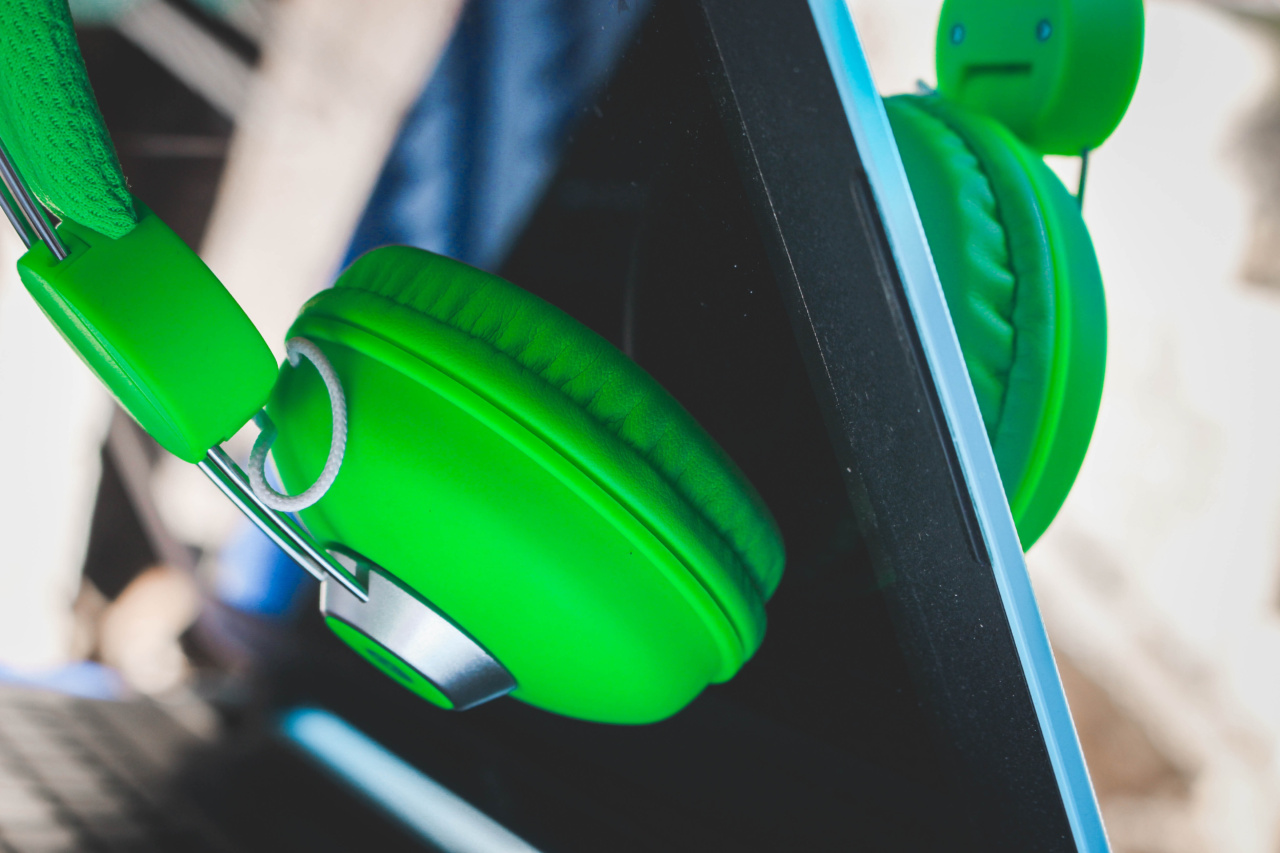Headphones are a great way to enjoy your music or videos without disturbing others around you. They can also provide a sense of privacy and make it easier to focus on your work or studies.
However, it is important to use headphones safely and avoid damaging your hearing.
Why is Loud Volume Dangerous?
When you listen to your music or videos at a high volume, you expose your ears to potentially damaging levels of sound.
Prolonged exposure to loud noises can lead to temporary or permanent hearing loss, tinnitus (ringing in the ears), and other ear-related problems.
The human ear is sensitive to sound pressure levels as low as 0 decibels (dB). However, exposure to sounds at or above 85 dB for extended periods of time can cause damage to the hair cells in your inner ear.
This damage is cumulative, meaning that each time you are exposed to loud sounds, you increase your risk of hearing loss.
The louder the sound, the less time it takes to cause harm. For example, exposure to 85 dB can cause hearing damage after 8 hours of continuous exposure. However, exposure to 100 dB can cause damage after just 15 minutes of exposure.
How Loud is Too Loud?
So, how loud is too loud? The general rule of thumb is that if you have to shout to be heard by someone standing beside you, your music is probably too loud.
To be more specific, you should keep the volume on your headphones at no more than 60% of the maximum volume for a maximum of 60 minutes per day. This is known as the 60/60 rule.
However, this rule may not apply to everyone. Some people may be more susceptible to hearing damage due to their genetics, medical history, or exposure to other loud noises in their environment.
It is important to pay attention to your own body and listen to any signs of hearing loss or damage.
If you experience muffled or distorted hearing after listening to your headphones, or if you hear a ringing or buzzing in your ears, you should lower the volume or take a break from listening to give your ears a rest.
Headphone Safety Tips
Here are some tips for using headphones safely:.
1. Use noise-cancelling headphones.
Noise-cancelling headphones can help reduce the amount of ambient noise you are exposed to, allowing you to listen to your music at a lower volume.
2. Take frequent breaks.
Try to take breaks every hour or so to give your ears a rest. This can help prevent damage from prolonged exposure.
3. Avoid using headphones in noisy environments.
If you are in a noisy environment, you may be tempted to turn up the volume on your headphones to drown out the noise. This can increase your risk of hearing damage.
Try to avoid using headphones in noisy environments, or use noise-cancelling headphones instead.
4. Keep your headphones clean.
Bacteria and other microorganisms can accumulate on your headphones, especially if you share them with others. Clean your headphones regularly to prevent infections or other health problems.
5. Use headphones that fit properly.
Ill-fitting headphones can cause discomfort or even pain, as well as increasing the risk of hearing loss or damage. Use headphones that fit snugly but comfortably, and avoid using earbuds or headphones that are too large or too small.
Conclusion
Headphones are a great way to enjoy your music or videos, but it is important to use them safely and avoid damaging your hearing.
By following these tips and paying attention to your own body, you can enjoy your headphones without putting your hearing at risk.




























